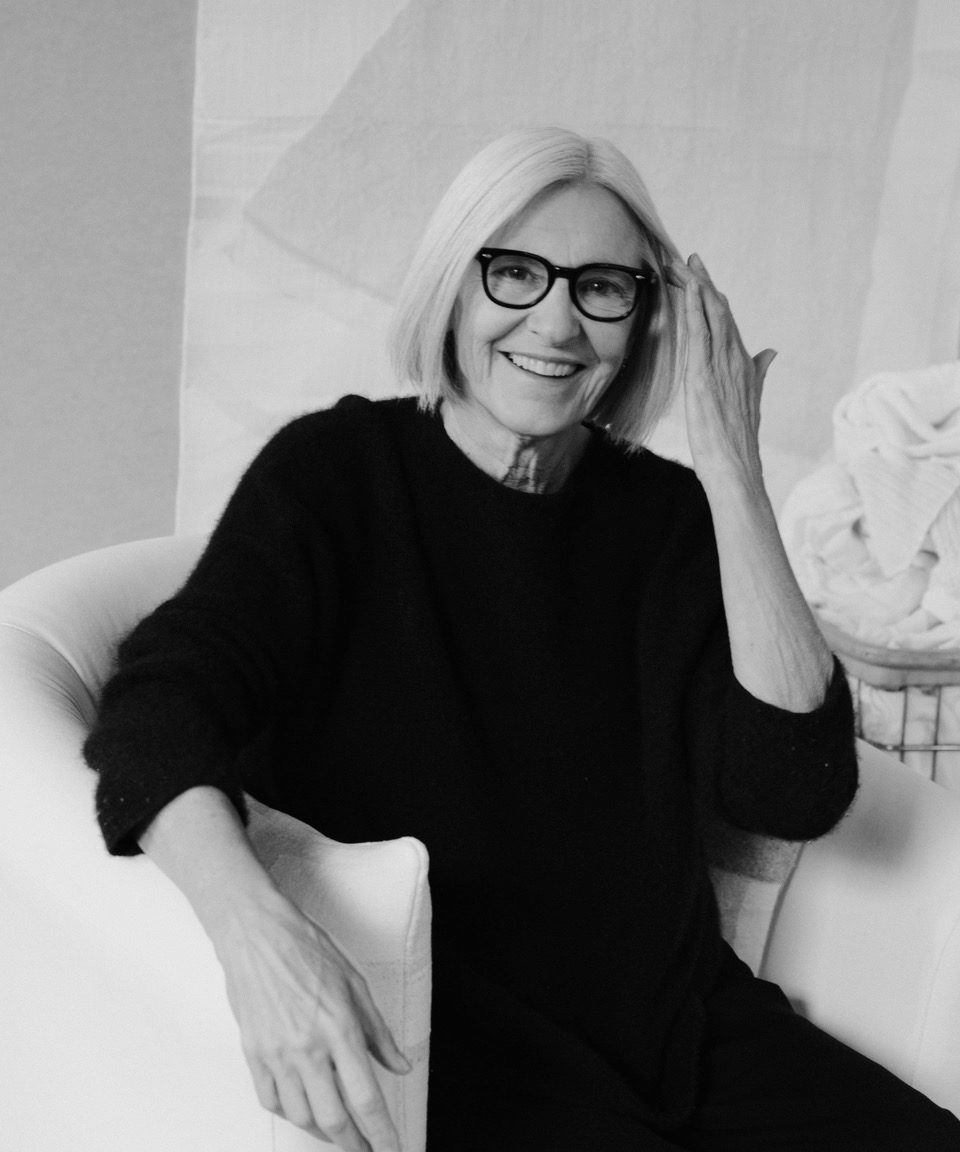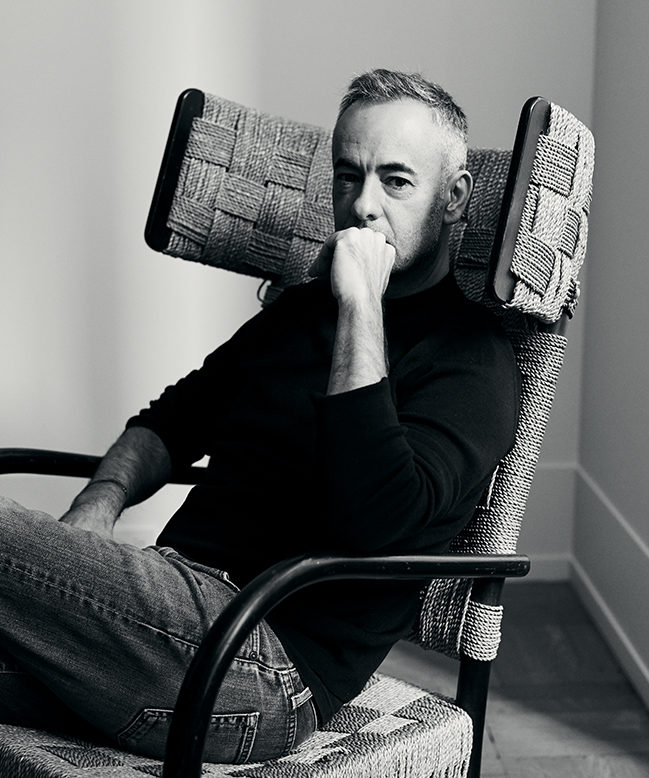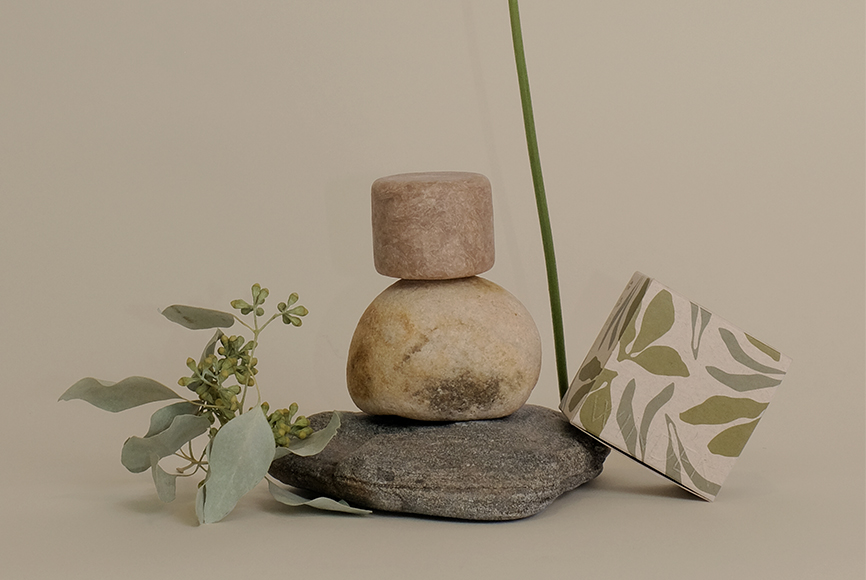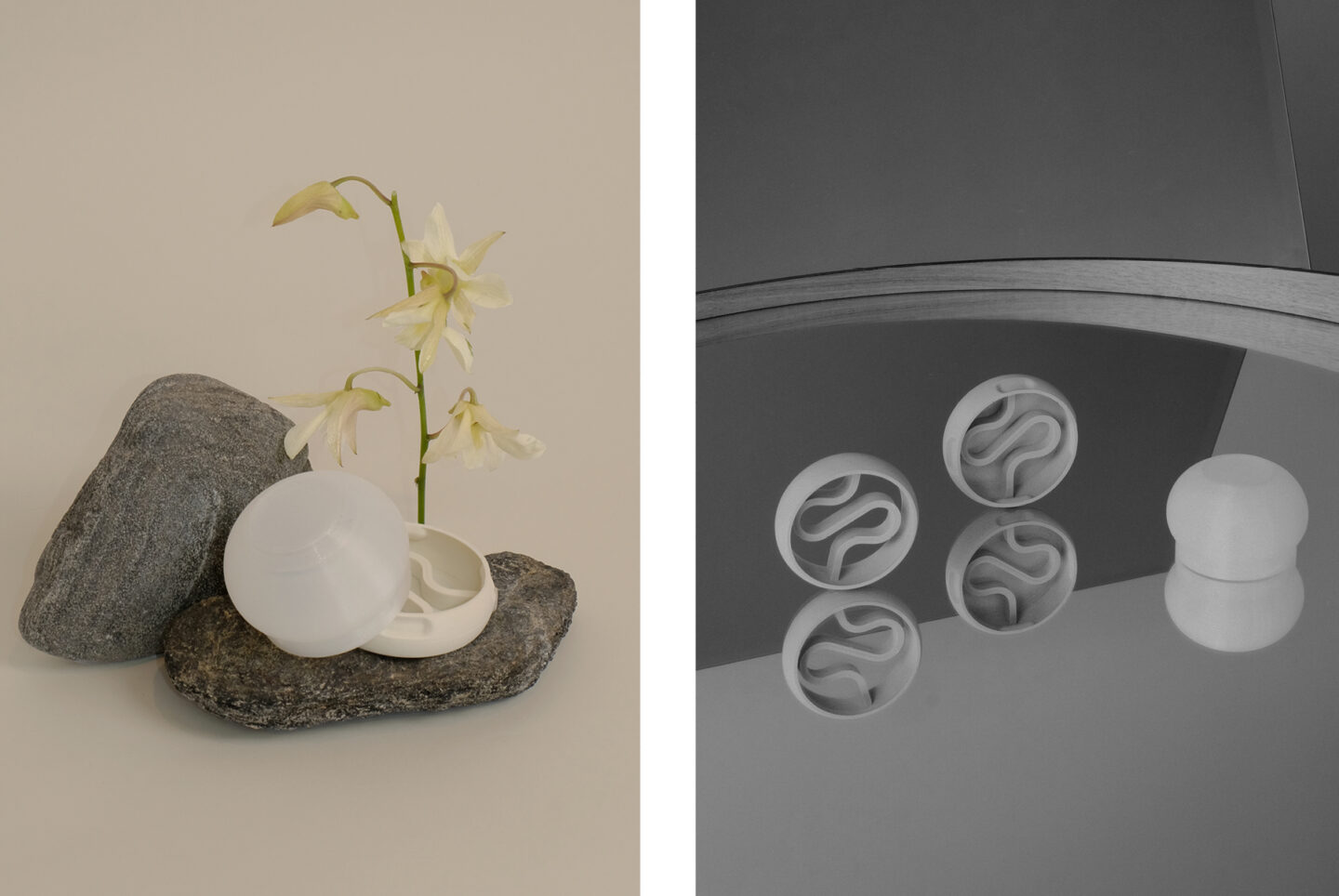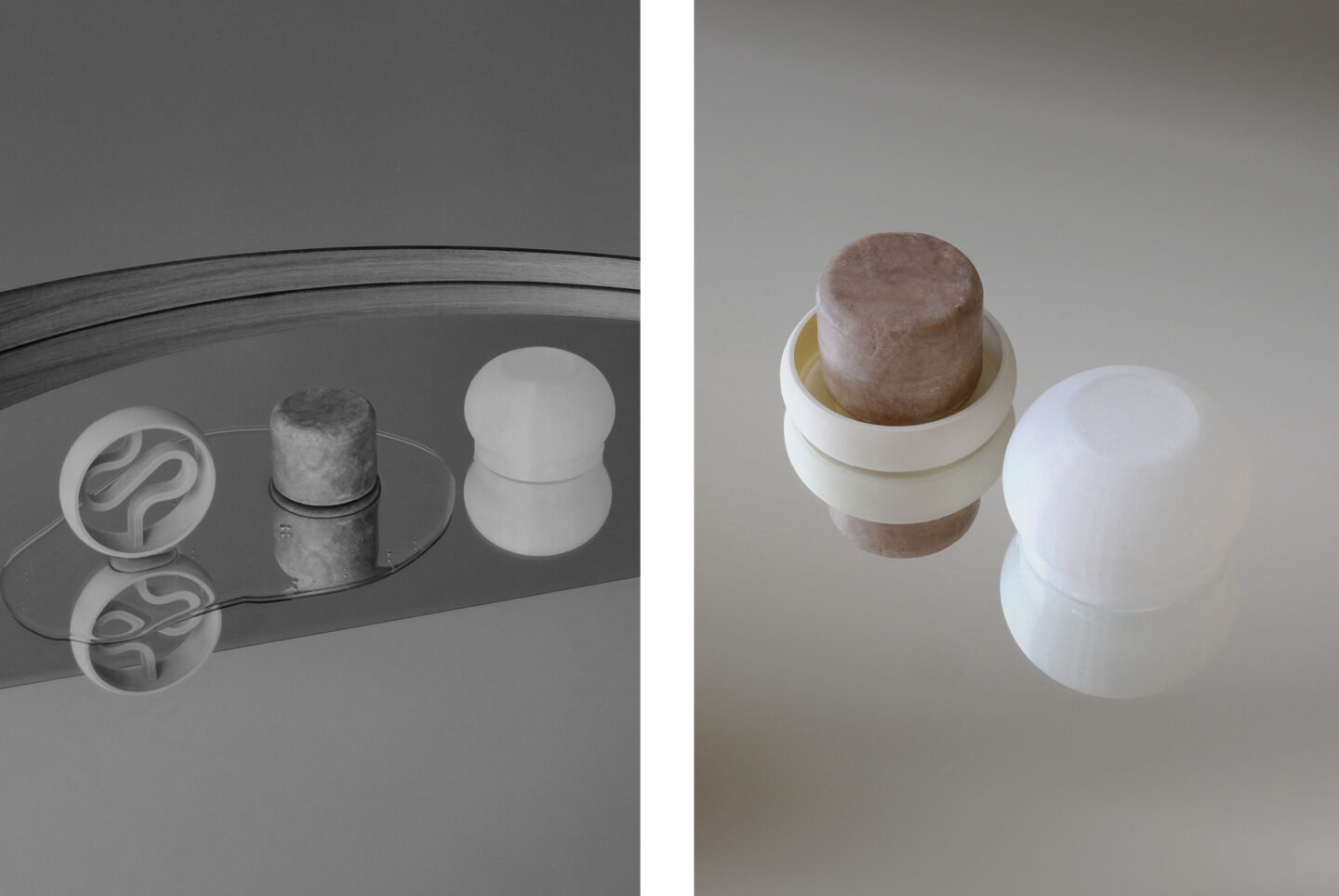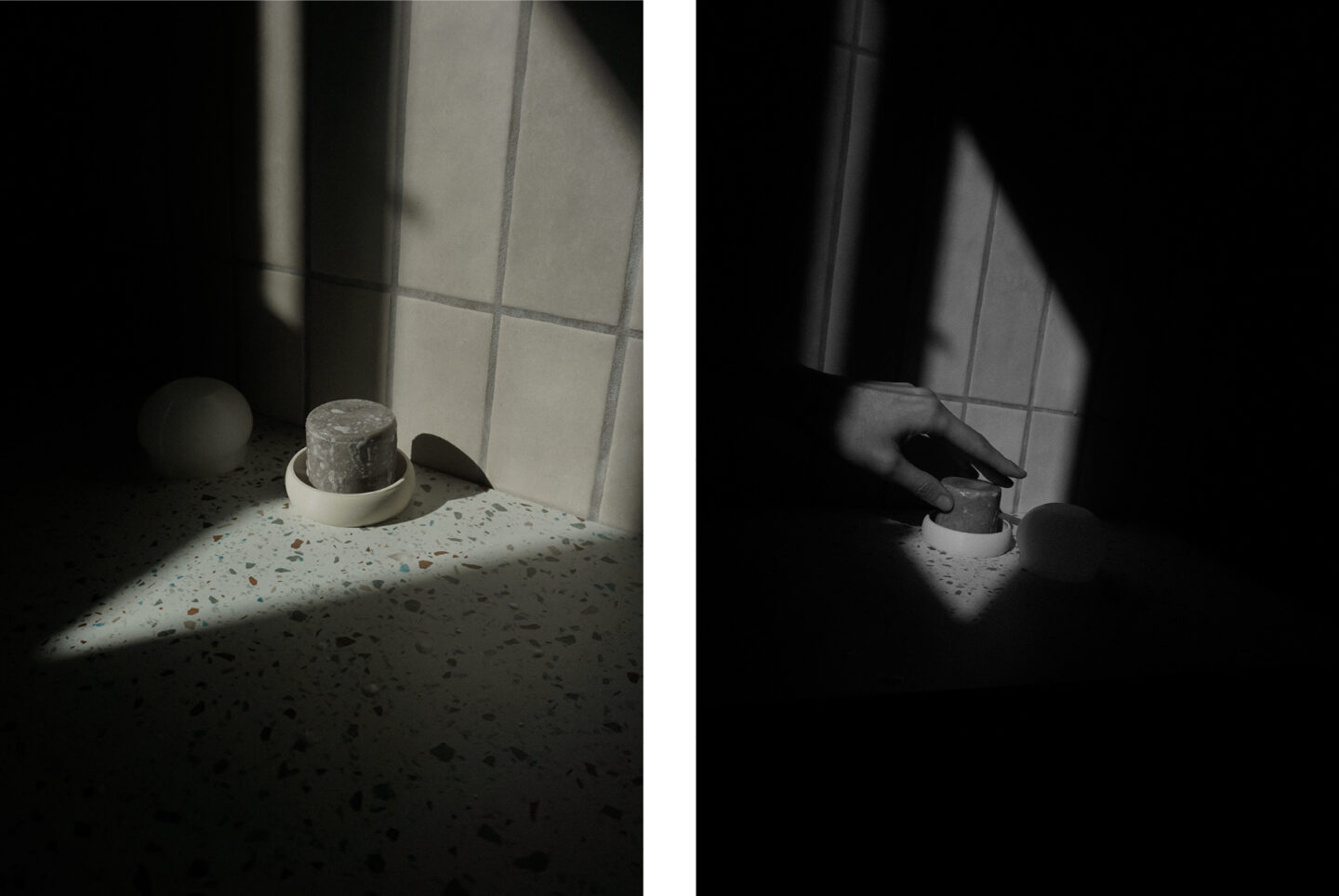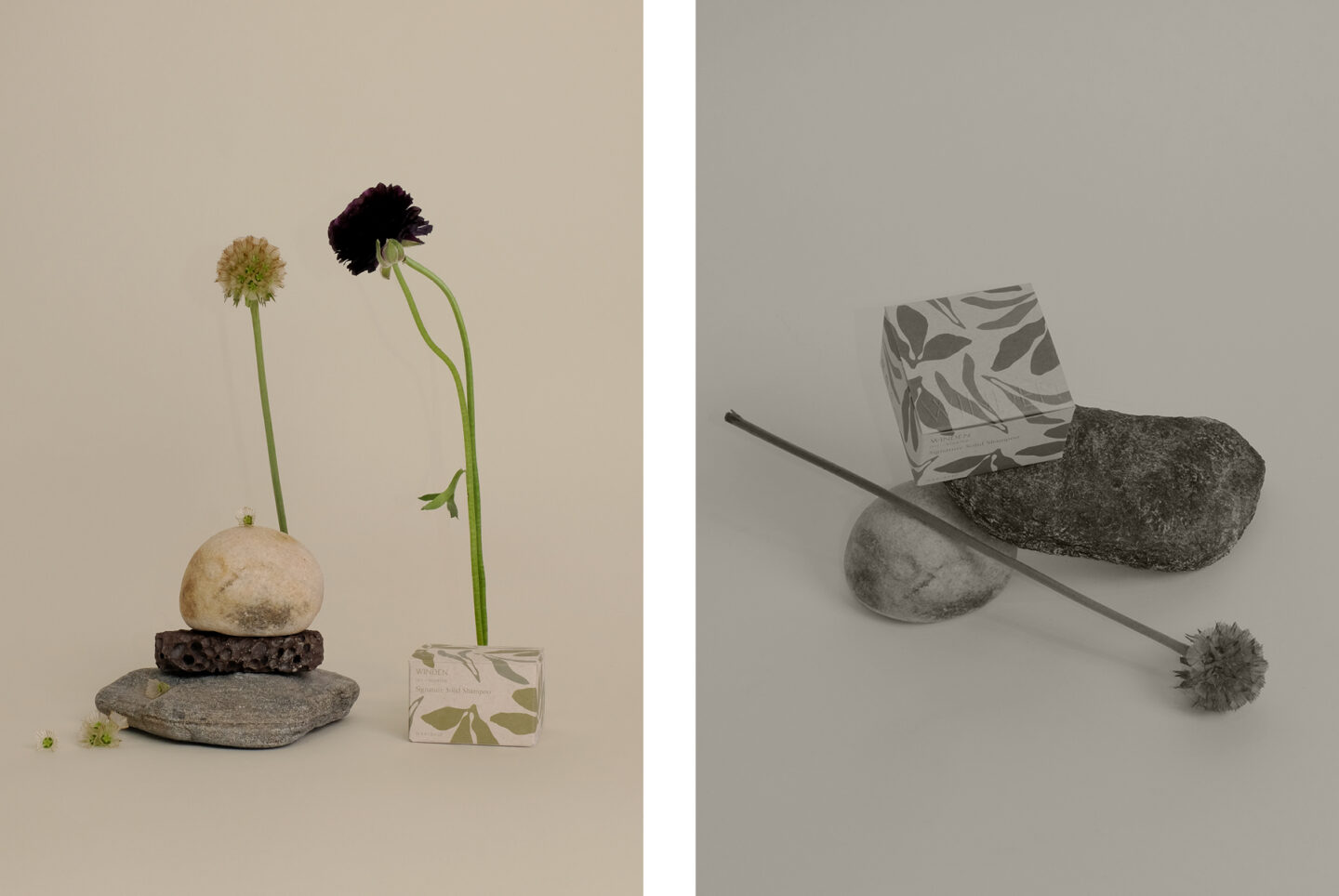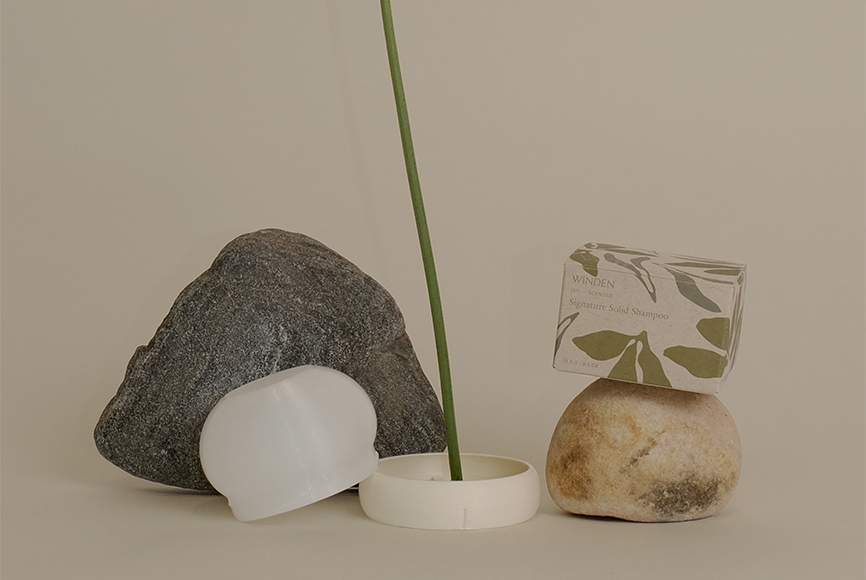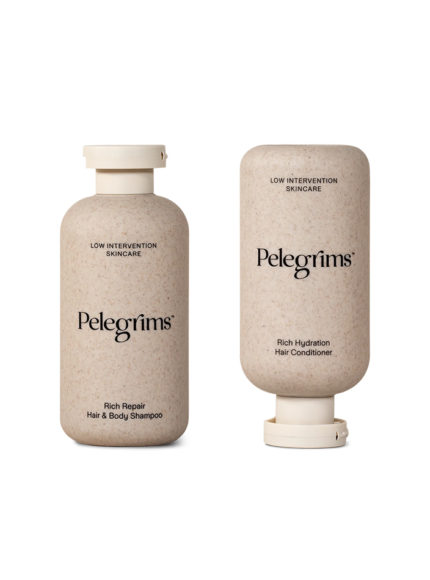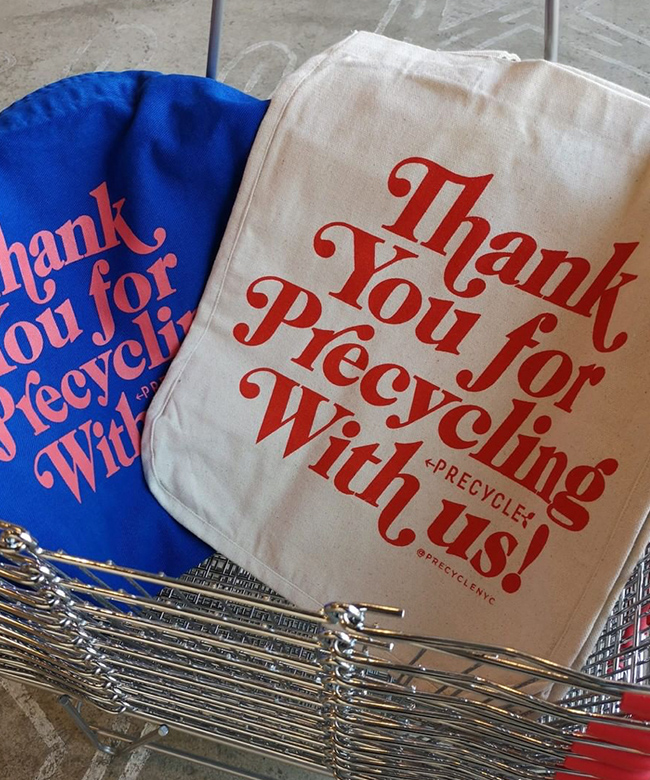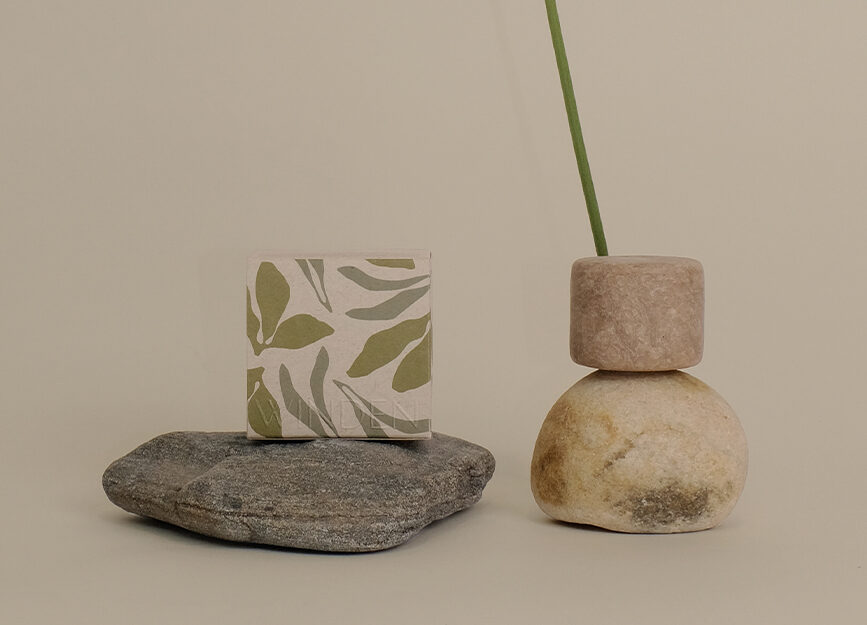

@winden
@winden


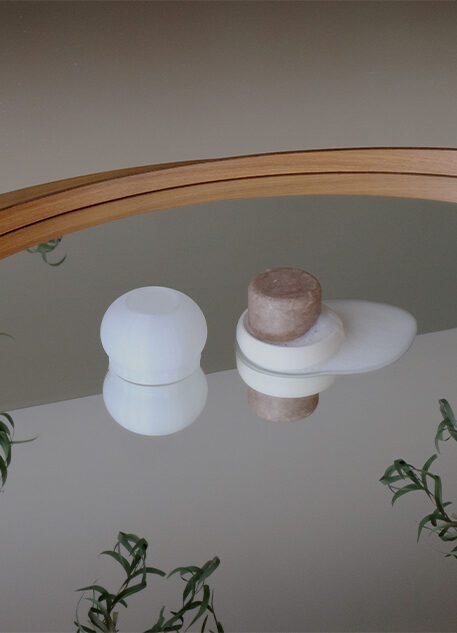

@winden
Beauty
The Beauty of Shampoo Bars (And Why They Actually Work!) with Winden
Today we talk to founder of Winden, Bec Mapes on going from building her own jewellery line to now growing a sustainable solid shampoo brand. She discusses with us the brand’s mission to reduce as much waste and single-use plastic as possible and why this form of beauty is so effective.
“The worldwide plastic waste issue is obvious. What’s really alarming to me is that the cosmetics industry contributes so heavily to that waste and that only nine percent of all plastic is recycled. My goal is to address categories beyond hair care in the future.”
– Bec Mapes
First of all, can you tell us a bit about what led you to wanting to start a sustainable beauty business?
I worked for the small independent designer, In God We Trust in my early twenties. At IGWT we were producing everything either in-house or in the garment or diamond district in New York. I became really interested in ethical manufacturing during that time because I was able to see the benefit of creating high-quality products that supported the local economy.
I carried those values over when I started my jewelry company (Rebecca Mapes, formerly Winden Jewelry) in 2013. As I became even more involved in the process of making jewelry and running a business, I began feeling concerned about the environmental impact of the products I was producing. My focus on ethical manufacturing grew to incorporate sustainability and I tried to make the most sustainable version of jewelry possible.
In 2018 I launched a hair accessories line in an effort to provide my customers with products that had a more accessible price-point. I later developed several products made using the scrap material from that hair accessories collection.
Throughout this time my shopping habits as a consumer mirrored my interest in sustainability as a business owner and that’s what led me to the point of creating a business with a sustainable mission.
And why were shampoo bars something you wanted to create specifically?
As a consumer, I’m always looking for ways to lower my carbon footprint and my plastic waste.
When I first tried solid shampoo, I really loved it and I wished I had discovered it sooner (think of all the plastic bottles I could have saved from the landfill!?). But I also soon realized that solid shampoo needs a storage solution to protect it from water, otherwise it becomes goopy and messy, and it’s honestly a bit gross (not to mention nearly impossible to travel with). When I looked for solutions to this problem I couldn’t find any that met my needs. Every brand on the market suggested storing the shampoo away from water, yet they weren’t providing viable solutions to make that happen. A leading shampoo bar brand recommended that customers wrap their shampoo in a towel and then put it in their suitcase when traveling.
I initially planned to develop a storage solution for solid shampoo but when I realized that none of the solid shampoo brands really spoke to me (someone that values the environment, design, and product efficacy), I decided to create a solid shampoo as well.
How much of an impact does the hair-cleansing industry have in terms of plastic pollution?
I’m not sure what percentage of plastic waste is created specifically by the hair care industry but the cosmetics industry produces about 120 billion units of plastic-containing packaging per year. The worldwide plastic waste issue is obvious. What’s really alarming to me is that the cosmetics industry contributes so heavily to that waste and that only nine percent of all plastic is recycled. My goal is to address categories beyond hair care in the future.
We’re combating this issue first and foremost by offering an effective product that isn’t packaged in single use plastic. Additionally we take plastic waste created by the food packaging industry and make it into new products like our solid shampoo storage system (Clean Case). Our Signature Solid Shampoo and Clean Case were designed to make the experience of using solid shampoo better.
What about in terms of chemicals?
There is a lot of fear-mongering marketing going on in the cosmetics industry and I think it’s an unethical marketing tactic. This is why I try not to demonize ingredients and I avoid using free-from claims at Winden. At the same time, I realize people avoid certain ingredients for reasons that are important to them and that’s why we created a glossary of ingredients with links to our sources. Ultimately, consumers should look for additional sources (besides brands) for information on chemicals/ingredients. I don’t say this to demonize other companies, even brands with the best intentions will sometimes fail customers. My favorite resources for unbiased information about cosmetics are the Cosmetics Ingredient Review and The Eco Well. We hired The Eco Well to look over our copy and help make sure our claims are accurate and we’re not using fear-mongering to sell our products. That being said, Winden isn’t perfect, and I am personally always learning, growing and trying to do better.
“When you make the switch from a conventional product to a more sustainable one, I think you can’t help but consider the other products that you use in your daily lives and wonder if there are good alternatives. Sometimes choosing a more sustainable option feels like a sacrifice. My intention is for Winden products to feel like an upgrade rather than a sacrifice. Winden products are not only the most environmentally friendly option but the best option.”
– Bec Mapes
Where and how are your shampoo bars produced?
Our solid shampoo is manufactured at an FDA Registered, GMP, and ISO 13484-compliant facility in Florida. The ingredients are combined and then poured into a mold and compressed to form the cylindrical shape.
Can you tell us a bit about what makes your shampoo bars effective for those who may have experimented in the past with results they weren’t thrilled with?
If you’re just getting started on your solid shampoo journey I would personally skip the step of trying solid shampoos that are made with saponified oils. While I’ve heard that if formulated correctly, this type of shampoo bar can work, every one that I personally tried gave my hair a waxy residue and nearly turned me off from using solid shampoo entirely.
I would look to brands like Winden, Ethique, Rowse, or Dip which all use surfactants like Sodium Cocoyl Isethionate to create the foaming agent that helps water mix with oil and dirt so that the excess can be rinsed away. This is the same ingredient system used in liquid shampoo products.
The key to getting solid shampoo to lather the way that you’re accustomed to is first, getting your hair soaking wet. Once your hair is entirely saturated with water, glide the shampoo along the length of your hair until the lather that you desire has formed.
Our formula specifically, cleanses without stripping hair of essential moisture or leaving behind any residue. It’s made with Moroccan lava clay, which is a mineral-rich red clay from the Atlas Mountains of Morocco. It has been used by women in North Africa to cleanse hair and skin for centuries — the name itself is derived from the Arabic word meaning “to wash.” Clay might not seem like an obvious choice as a shampoo ingredient, but it’s incredibly effective. We chose this for our Signature Solid Shampoo because the present minerals (silica, magnesium, potassium, and calcium) work as great natural detoxifiers and cleansers.
Beyond that, just like one might have a liquid shampoo preference, it may take a few tries to find the solid shampoo that works best for you/your hair type. This is why we offer $8 travel sizes, so customers can try out the product before investing in the full-sized version.
How do you hope this small step of making a switch to a more zero waste bathing option can have a wider impact on our lifestyles?
When you make the switch from a conventional product to a more sustainable one, I think you can’t help but consider the other products that you use in your daily lives and wonder if there are good alternatives. Sometimes choosing a more sustainable option feels like a sacrifice. My intention is for Winden products to feel like an upgrade rather than a sacrifice. Winning products are not only the most environmentally friendly option but the best option.
Finally, can you tell us a bit about how starting Winden has made you more conscious in your own day to day life?
I had already been trying to be a conscious consumer before starting Winden but I think something I learned from this process is that shame and guilt don’t further sustainable missions. I really want Winden to be accepting and encouraging rather than shaming and elitist. I want you to belong. When I first started becoming interested in sustainability there were a lot of conversations that made me feel like I didn’t belong in the movement because I didn’t eat only a plant based diet and still used dental floss, toilet paper, etc. I now take a more nuanced approach to sustainability, each conscious choice furthers the movement. Eating less meat, buying recycled toilet paper, and dental floss that comes in a refillable container is still good. It isn’t all or nothing. I’m not perfect but I can still make a difference.















